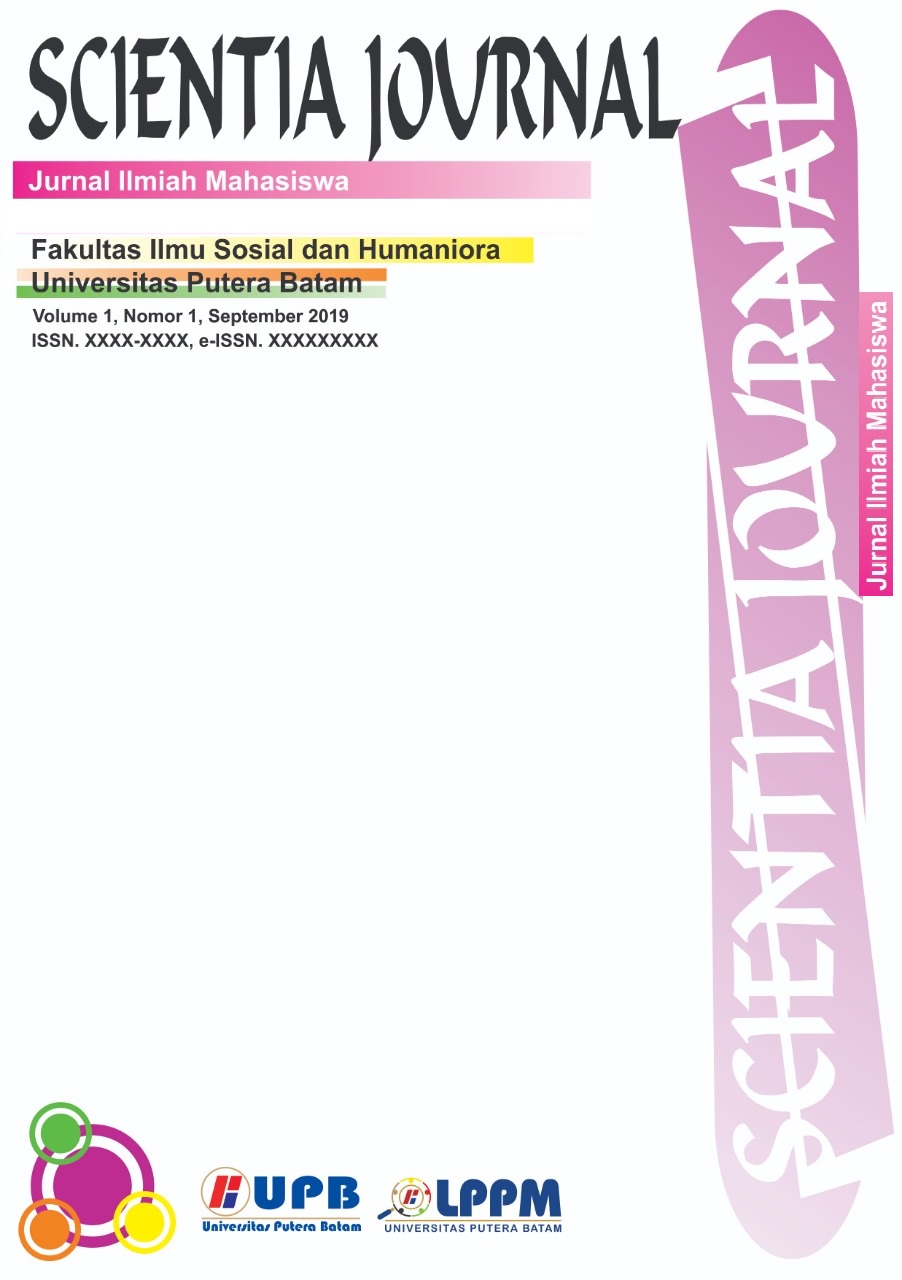PERLINDUNGAN HUKUM TERHADAP PELANGGARAN HAM YANG TERJADI PADA ANAK BUAH KAPAL (ABK)
DOI:
https://doi.org/10.33884/scientiajournal.v6i2.8266Abstract
Indonesia, a major contributor of labor in the fisheries sector, particularly as fishery crew members (ABK),
faces challenges where ABK on both domestic and foreign vessels often fall victim to various forms of abuse,
including violence, forced labor, and human trafficking. This study adopts a normative approach using a legal
method to analyze regulations and aims to investigate the main issues confronting the Indonesian fisheries
workforce, specifically ABK. Research findings reveal inadequate protection due to factors such as insufficient
sectoral policies, delays in formulating and implementing regulations, lack of awareness, inadequate data
collection, weak policy enforcement, and limited government attention. To address these challenges, the study
recommends comprehensive protection involving the fulfillment of basic labor rights and the implementation
of capacity development initiatives. Capacity enhancement can be achieved through fiscal policies, operational
support, and broader access to information about fishery product usage. Consequently, protection policies for
workers in the capture fisheries sector should be comprehensive, considering economic, legal, and social
aspects across various related sectors.















